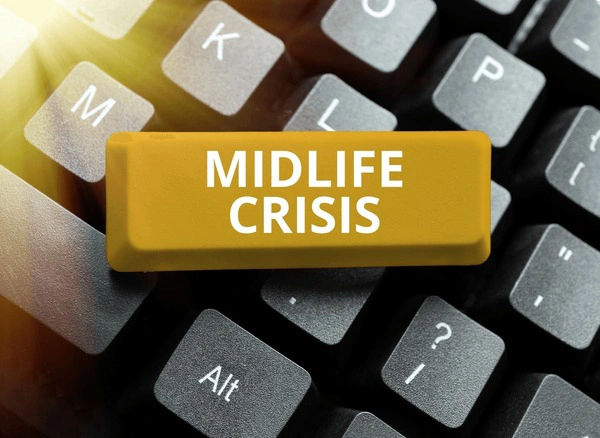
Small Lifestyle Changes to Banish Stress
Looking to reduce stress without a complete life overhaul? Discover simple lifestyle tweaks that can make a big difference. From tweaking your diet and exercise routine to improving your sleep habits and practicing mindfulness, these changes are easy to implement and yield significant stress reduction benefits.
Sophia Caldwell
04/12/2024 - 7 months ago

Eating Right to Feel Right
When it comes to managing stress, what you eat can make a big difference. Eating fresh fruits and vegetables, whole grains, and lean proteins can help you feel more balanced. These foods give your body the nutrients it needs to handle stress better. Try to include a variety of colors on your plate to ensure you’re getting a good mix of vitamins and minerals.
Avoiding processed foods and sugary snacks can also help. These foods may give you a quick energy boost, but they often lead to a crash later, making you feel more stressed. Instead, reach for a handful of nuts or a piece of fruit when you need a snack. These options provide steady energy without the crash.
Don’t forget to stay hydrated! Drinking plenty of water is crucial for your body to function properly. Dehydration can increase stress levels and make you feel more tired. Try to drink at least eight glasses of water a day, and more if you’re active or it’s hot outside.
- Read Also: Hydration Tips for Optimal Health
Move to Improve
Exercise is a powerful way to reduce stress. It doesn’t have to be intense or time-consuming. Even a short walk around the block can help clear your mind and improve your mood. Physical activity releases endorphins, which are chemicals in your brain that act as natural painkillers and mood elevators.
Find an activity you enjoy, whether it’s dancing, swimming, or playing a sport. Doing something you love makes it easier to stick with it. Try to aim for at least 30 minutes of exercise most days of the week. This can help you handle stress better and improve your overall health.
If you sit for long periods, take small breaks to stretch or walk around. This can prevent tension from building up in your body. Moving regularly keeps your blood flowing and your muscles relaxed, which can help you feel less stressed.
Sleep Your Way to Less Stress
Getting enough sleep is essential for managing stress. When you’re well-rested, you’re better equipped to handle challenges. Aim for 7-9 hours of sleep each night. Establishing a regular sleep schedule can help you get the rest you need.
Create a calming bedtime routine to signal your body that it’s time to wind down. This could include activities like reading a book, taking a warm bath, or listening to soothing music. Avoid screens before bed, as the blue light from devices can interfere with your ability to fall asleep.
Make your bedroom a comfortable place to sleep. Keep it cool, dark, and quiet. Investing in a good mattress and pillows can make a big difference in your sleep quality. A good night’s sleep can help you feel refreshed and ready to tackle whatever comes your way.
Mindful Moments Matter
Taking time to be mindful can greatly reduce stress. Mindfulness is about being present in the moment. You can practice it through meditation, deep breathing, or simply paying attention to what you’re doing. These practices can help you feel more grounded and less overwhelmed.
Start with just a few minutes a day. Find a quiet place where you won’t be disturbed. Focus on your breath, noticing how it feels as you inhale and exhale. If your mind wanders, gently bring your attention back to your breath. With practice, mindfulness can become a powerful tool for managing stress.
Incorporate mindfulness into daily activities, like eating or walking. Pay attention to the taste of your food or the feel of the ground under your feet. Being mindful doesn’t require extra time in your day; it’s about making the most of the time you have. This simple shift can have a big impact on your stress levels.
- Read Also: The Transformative Power of Mindful Eating


















